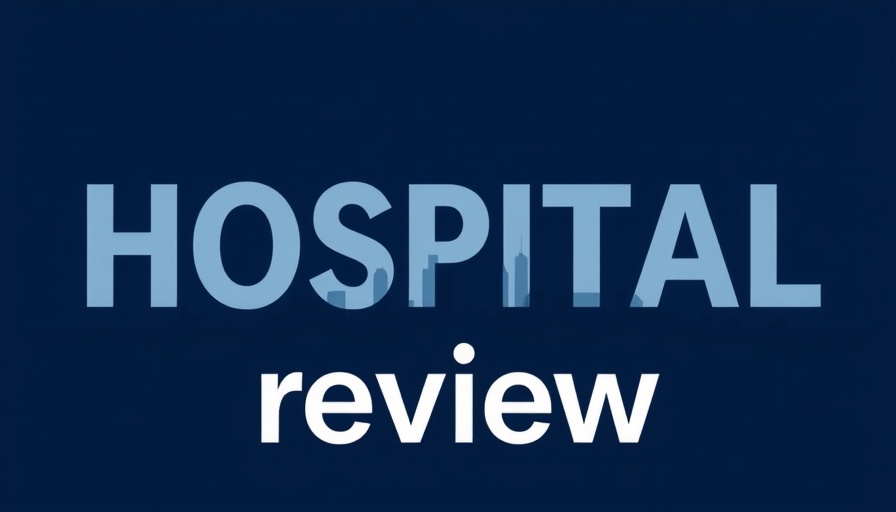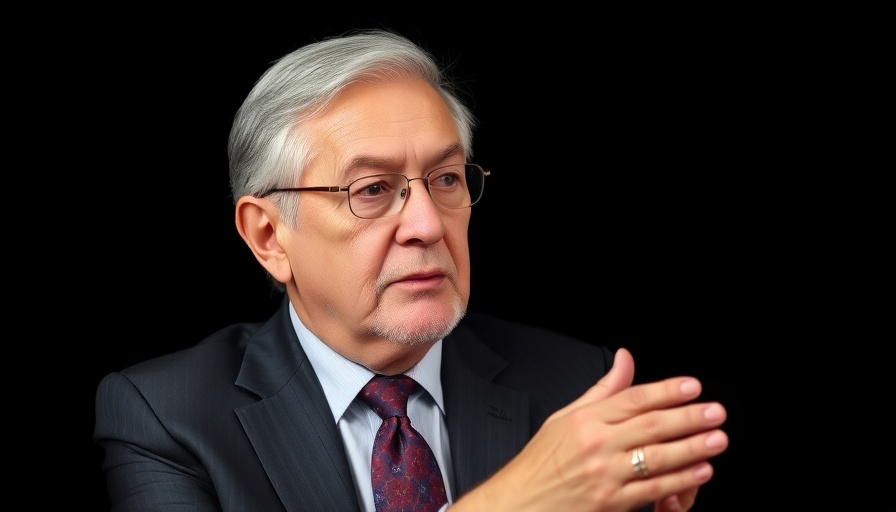
FDA Unveils New Guidelines on Chikungunya Vaccine for Seniors
The FDA recently announced the lifting of a previously recommended pause on the use of the Chikungunya virus vaccine for adults aged 60 and older. This decision comes after a thorough benefit-risk assessment indicated that the vaccine is suitable for those at high risk of exposure to the virus. The news is particularly important for seniors, especially those who are frequent travelers or reside in areas where Chikungunya is prevalent.
Understanding the Pause: What Triggered the Review?
Back in May, the FDA recommended this pause due to serious reports of neurologic and cardiac events in older adults associated with the vaccine. Understanding these risks is critical, as Chikungunya, a mosquito-borne virus, can lead to debilitating fever and joint pain, especially among older populations who are already at risk for various health complications. The updated FDA labeling clarifies that the vaccine should primarily be given to individuals who face high exposure levels rather than those simply at risk of infection.
The Importance of Targeted Vaccine Use in Healthcare
This regulatory change is a significant step for independent physicians, nurse practitioners, and family practice doctors, as it allows for a more tailored approach to healthcare. By focusing on high-risk individuals, medical providers can facilitate better patient engagement while optimizing healthcare resources. Reports suggest that seniors who are well-informed about their vaccination options are more likely to actively participate in preventive healthcare measures, thereby safeguarding their health.
What Healthcare Professionals Need to Know
Healthcare providers need to familiarize themselves with the updated guidelines surrounding the Chikungunya vaccine to ensure they can provide informed consent and advice to their patients. Moreover, integrating this knowledge into practice automation and clinical workflows can yield substantial benefits, especially in rural health clinics where educational resources may be more limited.
Looking Ahead: What This Means for Seniors and the Health System
As the Chikungunya vaccine becomes increasingly accessible, healthcare professionals can leverage this as an opportunity to enhance aging-in-place strategies that support senior health and well-being. In a healthcare landscape where Medicare reimbursement rules evolve, ensuring that seniors have access to the vaccine aligns with broader objectives such as improving patient outcomes while navigating insurance underpayments. Such measures not only protect the aging population but also fortify healthcare systems against potential outbreaks.
Addressing Patient Concerns: The Role of Communication and Education
Effective communication about the Chikungunya vaccine is crucial. This includes educating patients about the benefits of immunization in light of the risks associated with the virus. Building trust with seniors through clear, accessible information not only enhances patient engagement but also fosters a culture of proactive healthcare. Tools such as telehealth services and patient engagement platforms are valuable in this regard, providing consistent touchpoints that reinforce the importance of vaccination.
Final Thoughts: Seizing the Opportunity for Improved Health Outcomes
In conclusion, the FDA's updated guidelines present a renewed focus on the Chikungunya vaccine, which is necessary for public health, especially among the elderly. For independent healthcare providers, this is a pivotal moment to advocate for preventive health measures that employ both innovative techniques and adherence to updated regulations. By integrating actionable insights, physicians can optimize their practice efficiency solutions while ensuring their patients receive the care and protection they deserve.
As healthcare continues to evolve, staying informed and proactive is key. Now is the time for healthcare professionals to embrace these changes and support senior populations in accessing vital health resources.
 Add Row
Add Row  Add
Add 




Write A Comment